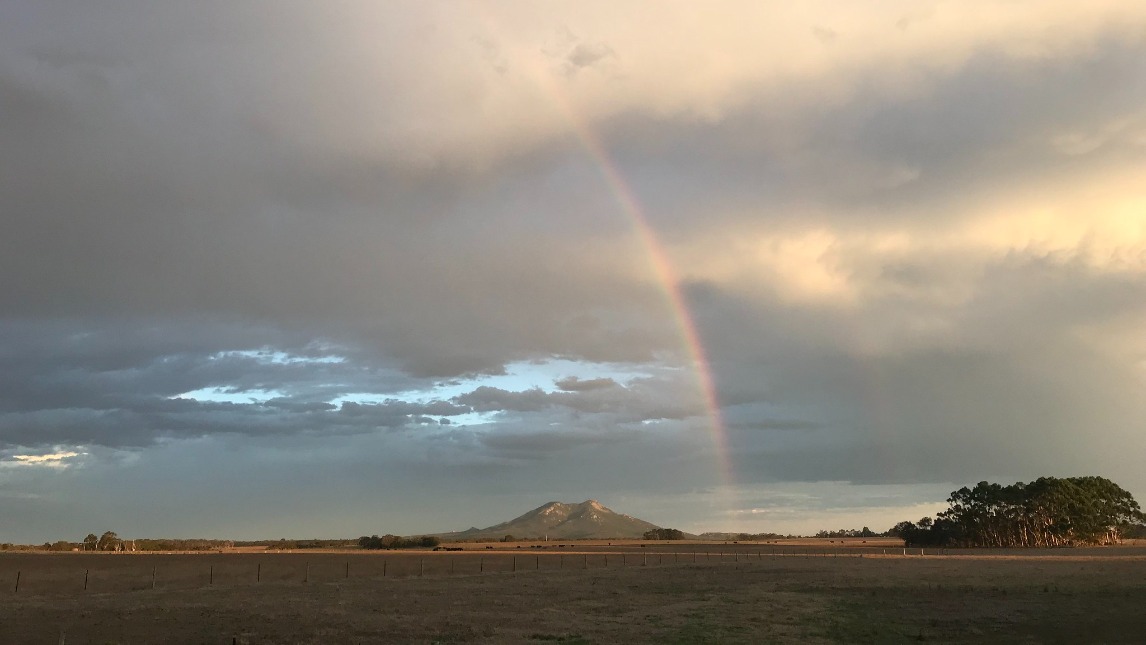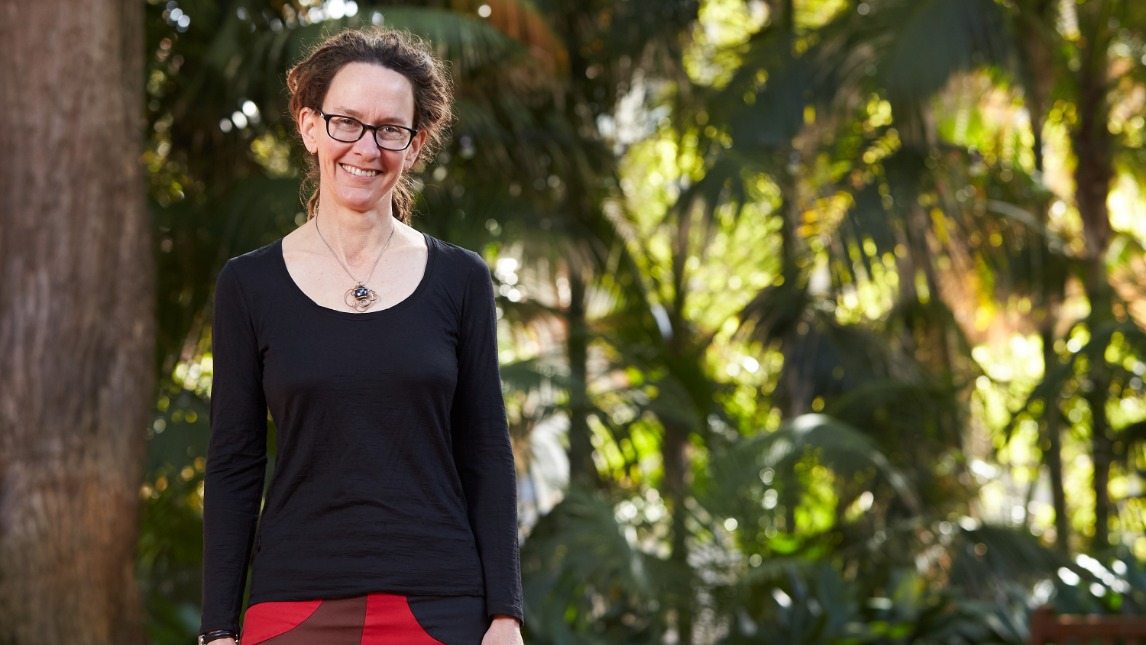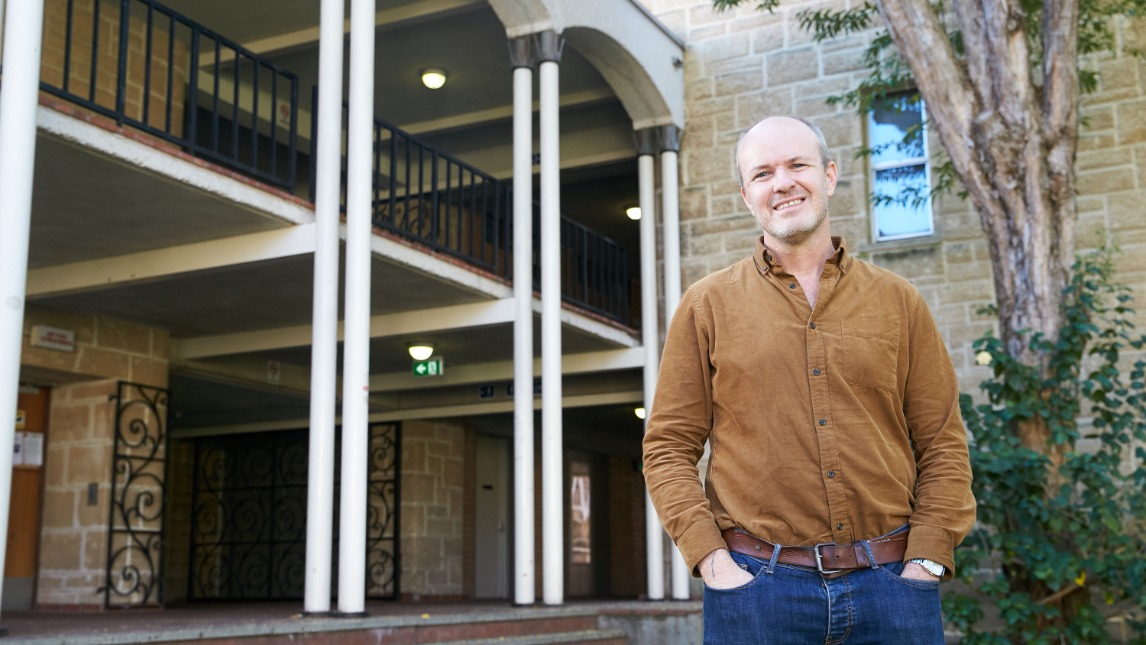Environmental Humanities
Understanding the human dimensions of environmental crisis
Our current ‘environmental’ problems by and large arise out of human action. Addressing them therefore calls for not only technical knowledge but also understanding of their human dimensions and how such problems are processed socially by communities. One response has been the emergence of ‘environmental humanities’ as an interdisciplinary and plural scholarly endeavour that seeks to apply the expertise of the humanities – in human subjectivities, emotional lives, power distributions and cultural practices – to understanding and addressing fundamental socio-ecological problems.
The environmental humanities grapple with issues of responsibility, risk and complexity, and are oriented toward justice. The area combines its own interdisciplinary methods and concepts with approaches drawn from diverse fields, including history, literary studies and philosophy. Work in environmental humanities seeks to engage the public and change the way we think of the world around us, and live together within it.
UWA is the only Western Australian university offering a course of study in environmental humanities. This minor ideally complements majors in environmental sciences, environmental management, geography and planning, and other areas of the humanities and social sciences. It prepares students for effective engagement with organisations, communities and policymakers in the spheres of environmental policy, advocacy and education.
Environmental humanities graduates are ideally placed to pursue careers within environment and sustainability areas of federal, state and local government, as well as environmental advocacy NGOs in the renewable energy, conservation and new agriculture sectors. There is also potential to undertake a postgraduate research degree in environmental humanities at UWA, or at other leading environmental humanities centres found around the world including in Norway, the United Kingdom, Ireland, Germany, Sweden and the United States.
Projects
- Australian fiction in the Anthropocene
- This project investigates the Anthropocene as a self-reflexive element in contemporary Australian fiction and as a trace (or symptom) in Australia’s broader literary history. The English ecocritic Timothy Clark, following the work of Dipesh Chakrabarty, Bruno Latour and Timothy Morton, has suggested that the Anthropocene has created a radical problem of scale, in which planetary time and space become dynamic rather than stable. The planetary dimensions of the Anthropocene pose challenges to the human imagination, upending the usual historical and geopolitical coordinates that situate us as people in the world. This project considers the Australian literary response to the condition of the Anthropocene.
- Wild cities: An environmental history of urban nature in Australia
- This research, which commence in mid-2021, aims to understand relationships between people and nature in modern cities through their history. In an increasingly urbanised world, nature in cities is crucial for biodiversity conservation and ecosystem services, but today’s urban wildlife, trees and reserves –and residents’ relationships with them – are legacies of a largely unknown past. By providing insights into the drivers of urban residents’ everyday relationships with nature from 1880–2015 and engaging the public through historical narratives, the research will inform current urban greening, conservation and restoration projects and policy. The project expects to promote urban sustainability and produce vital new insights into changing urban cultures and environments. This research is funded by the Australian Research Council.
- Histories of recovery and adaptation in the Australian Anthropocene
- This research project, which commenced in mid-2021, seeks to understand how vulnerable communities cope and adapt when faced with multiple environmental challenges in the Anthropocene. Its aim is to help prepare for future environmental change by producing a major new study of historical and contemporary experiences in remote rural, and coastal communities grappling with freshwater renewal, vegetation regeneration and pollution legacies. The research will provide critical insights into cultural and social capacity for thriving in uncertain ecological futures. The project will also build capacity in Australian environmental history and humanities, and make a significant contribution to a growing area of international research activity. This research is funded by the Australian Research Council.
Research centres
Environmental Humanities minor

Many environmental problems are caused by human action, and addressing them calls not only for scientific knowledge but an understanding of their human dimensions. The minor in Environmental Humanities focuses on what the humanities (history, literature, creative writing, philosophy) bring to the understanding of the natural world and the challenges humans present to it.
Discipline staff
Contact us
If you have any questions, please contact the Environmental Humanities staff below:
Andrea Gaynor
[email protected]
6488 2137
Tony Hughes-d’Aeth
[email protected]
6488 3495



